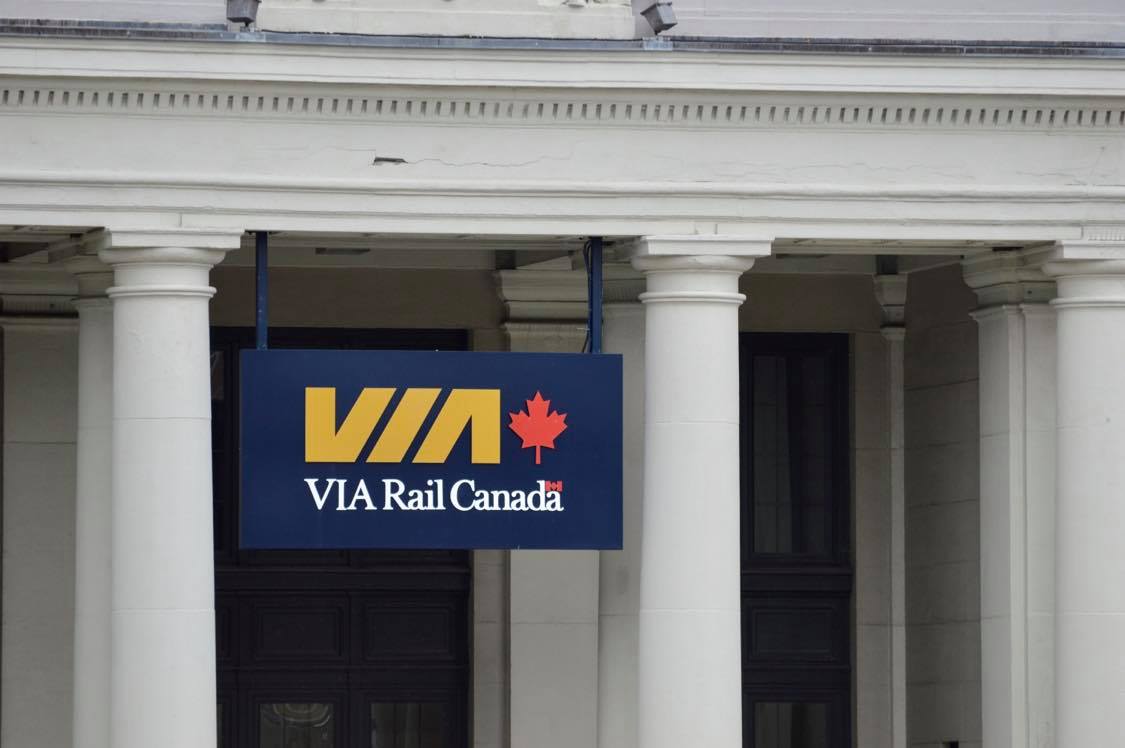VIA Rail is cancelling a number of its routes until at least November as a result of the COVID-19 pandemic.

The affected routes include the company’s Canada service, which travels between Toronto and Vancouver, as well as its Ocean service, which travels between Halifax and Montreal.
READ MORE: VIA Rail extends halt of Toronto-Vancouver passenger trains until June 1
Also affected, is the sleeper class on the Winnipeg to Churchill route.
The announcement comes after VIA Rail suspended the more-than-4,400-kilometre route between Toronto and Vancouver route until June 1.
But late on Wednesday, the company announced that the routes would be discounted until at least Nov. 1, 2020.

The company said any affected passengers who booked a trip during this period will be contacted and reimbursed.
VIA Rail is now using the time to accelerate an inspection and repair program that began in 2018.
In the past few weeks, the company says they’ve discovered “new structural issues” that will need to be addressed.
READ MORE: 2 more VIA Rail employees test positive for COVID-19, company announces
Cynthia Garneau, president and CEO of VIA Rail, said they will look to bring back their long-distance services in the upcoming 2021 season.
“This was not an easy decision to make but, given the current circumstances, the health and safety of our passengers, crew members and local communities must come first,” she said.
–With files from Jon Azpiri
Questions about COVID-19? Here are some things you need to know:
Health officials caution against all international travel. Returning travellers are legally obligated to self-isolate for 14 days, beginning March 26, in case they develop symptoms and to prevent spreading the virus to others. Some provinces and territories have also implemented additional recommendations or enforcement measures to ensure those returning to the area self-isolate.
Symptoms can include fever, cough and difficulty breathing — very similar to a cold or flu. Some people can develop a more severe illness. People most at risk of this include older adults and people with severe chronic medical conditions like heart, lung or kidney disease. If you develop symptoms, contact public health authorities.
To prevent the virus from spreading, experts recommend frequent handwashing and coughing into your sleeve. They also recommend minimizing contact with others, staying home as much as possible and maintaining a distance of two metres from other people if you go out.
For full COVID-19 coverage from Global News, click here.





Comments